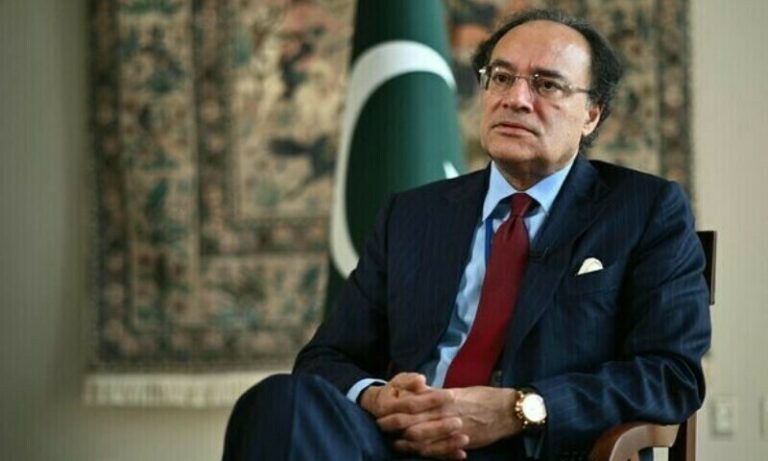Finance Bill 2025: Key Changes and Economic Impact
ISLAMABAD: The recent Senate discussions on the Finance Bill 2025 have sparked significant debate and reactions from both parliamentarians and business leaders. Finance Minister Muhammad Aurangzeb confirmed crucial changes aimed at promoting economic stability and growth amidst ongoing criticism.
Tax Reductions for Middle-Income Earners
One of the key highlights of the Finance Bill is the reduction of income tax for individuals earning between Rs50,000 and Rs100,000 monthly. The tax rate is being lowered from 2.5% to 1%, a move aimed at easing the financial burden on this segment of society. Minister Aurangzeb emphasized that this decision reflects the government’s intention to enhance disposable income for taxpayers.
Import Tax on Solar Panels Cut
In an effort to support renewable energy initiatives, the government has also slashed the tax on imported solar panels from 18% to 10%. This adjustment is expected to apply specifically to 46% of solar panel components that are imported. The Finance Minister noted that this change is likely to result in only a modest price increase of 4.6% for consumers.
Response to Business Community Concerns
Concerns were raised from various industry stakeholders regarding a clause in the Finance Bill that permitted tax officers to detain suspected tax evaders. Following strong objections from business lobbies, including the Overseas Investors Chamber of Commerce and Industry (OICCI), the government assured that stronger safeguards would be implemented to prevent misuse of this authority.
Government’s Commitment to Economic Stability
The Finance Minister reiterated the government’s commitment to fostering inclusive economic growth, stating that the budget reflects a sense of responsibility towards social welfare. The Benazir Income Support Programme’s budget has been increased from Rs592 billion to Rs716 billion, further emphasizing the government’s aim to protect vulnerable populations.
Criticism from the Opposition
Despite these measures, the Leader of the Opposition, Syed Shibli Faraz, criticized the government for a lack of transparency, particularly regarding the Senate finance committee’s final report. He expressed concerns over the burden of increased taxes without corresponding cuts in government spending, labeling the current economic model as unsustainable and overly reliant on loans.
Calls for Legislative Transparency
PTI parliamentary leader Senator Ali Zafar urged adherence to Article 73 of the Constitution, which stipulates that the recommendations of the Finance Committee should be shared in advance for proper scrutiny. He highlighted that failing to follow this procedure undermines the legislative process and accountability in budget approval.
Conclusion: A Stepping Stone or a False Start?
As discussions continue, stakeholders await the government’s final budget proposal. The outlined changes in taxation and relief measures are seen as steps toward economic recovery, but critics remain cautious. Whether these reforms will lead to sustainable growth and poverty alleviation is yet to be fully realized, making the upcoming fiscal year a critical period for Pakistan’s economic future.
